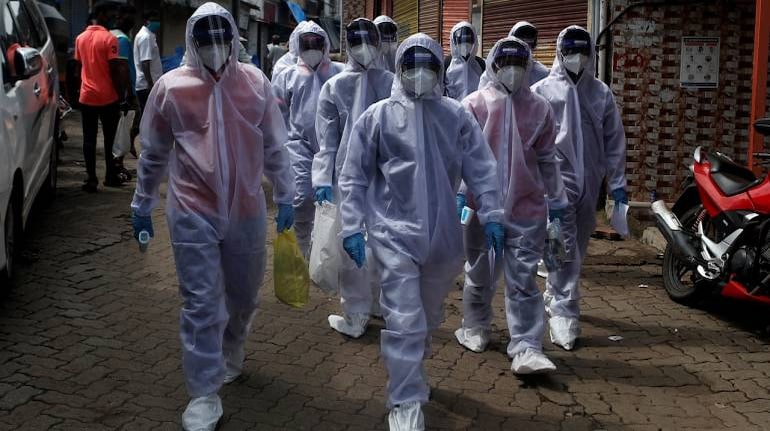
With 18,522 people testing positive for COVID-19 in a single day, India's case count reached 5,66,840 on Jun 30 while the death toll rose to 16,893 with 418 new fatalities, according to the Union Health Ministry data.
The number of active cases stands at 2,15,125, while 3,34,821 people have recovered, and one patient has migrated, according to the updated data at 8 am. "Thus, around 59.07 per cent of patients have recovered so far," an official said.
The total number of confirmed cases includes foreigners.
Of the 418 deaths reported in the last 24 hours, 181 are from Maharashtra; 62 from Tamil Nadu; 57 from Delhi; 19 each from Gujarat and Karnataka; 14 from West Bengal; 12 from Uttar Pradesh; 11 from Andhra Pradesh; nine from Haryana; seven from Madhya Pradesh; six each from Rajasthan and Telangana; five from Punjab; three from Jharkhand; two each from Bihar and Odisha and one each from Assam, Jammu and Kashmir and Uttarakhand.
(With PTI inputs)
Discover the latest business news, Sensex, and Nifty updates. Obtain Personal Finance insights, tax queries, and expert opinions on Moneycontrol or download the Moneycontrol App to stay updated!